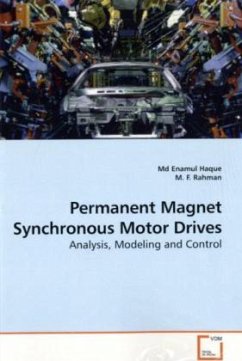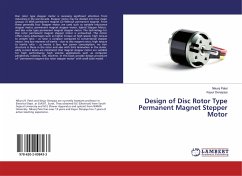Permanent magnet synchronous machines are gaining popularity because of their superior performance, high efficiency and energy density.Their applications are on the rise in industrial motor drives, variable speed wind turbine, electric vehicle, household equipment etc. Control strategies for interior type permanent magnet synchronous motor are discussed in detail in this book. Both the direct and indirect control strategies are covered. The problems associated with direct torque control of interior type synchronous motor drives are identified and mitigation techniques are proposed and implemented using real time digital signal processor (DSP). Measurement techniques for IPM synchronous motor parameters are included as well. This book is suitable for the undergraduate project students and postgraduate research students who are willing to do research in variable speed drives using permanent magnet synchronous motor. We would like to express our profound gratitude to Dr Limin Zhong for his help in this work. M. E. Haque & M. F. Rahman
Bitte wählen Sie Ihr Anliegen aus.
Rechnungen
Retourenschein anfordern
Bestellstatus
Storno








